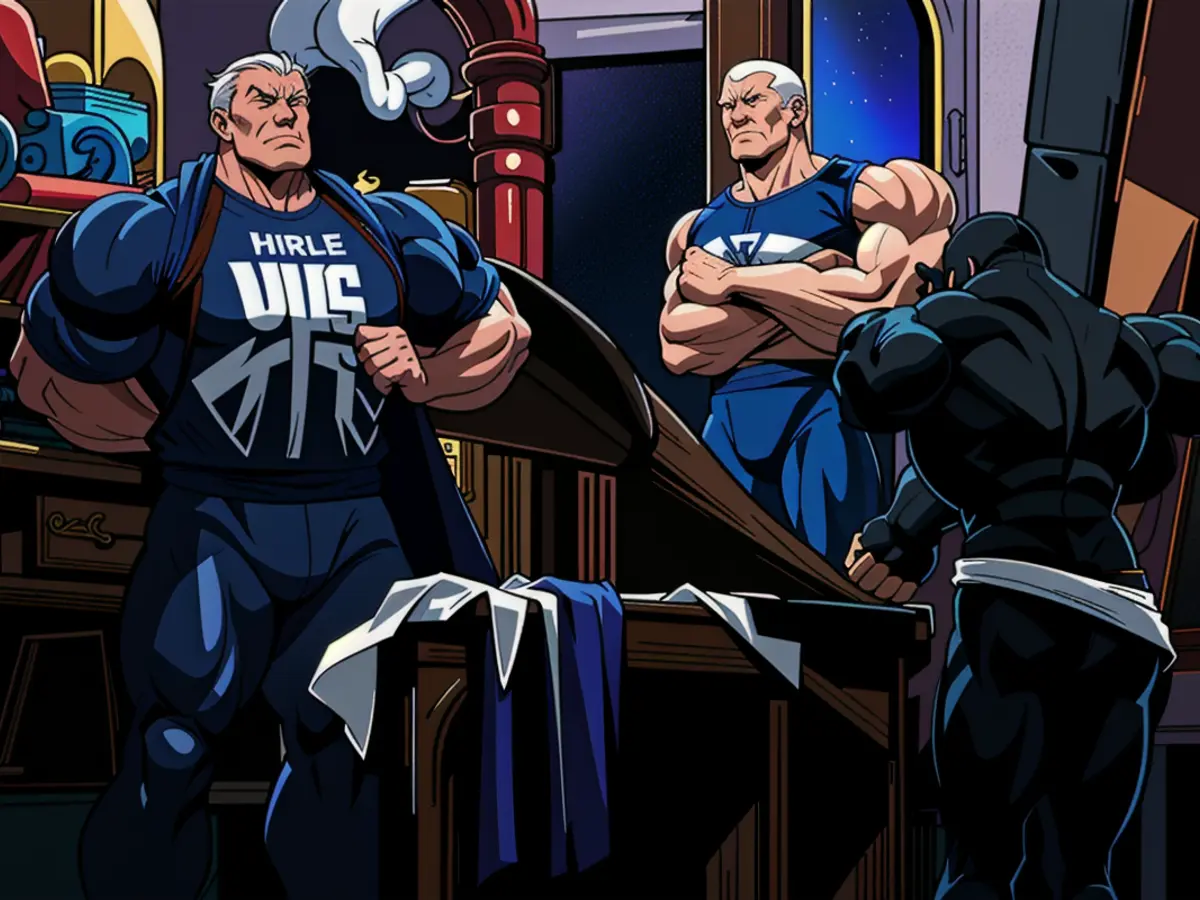Supreme Court Faces Pivotal Moment in Legal Battle Over Oil Emissions
Last April, I discussed the ongoing legal tactic targeting domestic oil and gas producers by San Francisco-based lawyers. The firm, Sher Edling LLP, has teamed up with cities and states to file lawsuits against companies, blaming them for unspecified climate impacts due to greenhouse gas emissions allegedly caused by their production. In a key instance, City and County of Honolulu v. Sunoco, the U.S. Solicitor General Elizabeth Prelogar, a Biden appointee, suggested to the U.S. Supreme Court to reject a writ of certiorari submitted by Sunoco, Exxon, Chevron, and others, aiming to review that lawsuit.
Prelogar provided her feedback six months after the Court requested her input. The cert petition was filed after the Hawaii State Supreme Court dismissed the defendants' claims in the case and permitted Honolulu's lawsuit to proceed under state law.
The companies expressed their concerns in February, stating that the Honolulu case and similar lawsuits could pose a significant threat to one of the nation's most critical industries.
Notably, Prelogar concurred that the defendants might eventually triumph, especially regarding claims dependent on activities occurring outside Hawaii's borders. This agreement seems to indicate some fundamental problems in Honolulu's argument: they're attempting to use Hawaii state laws to sue over actions taking place beyond Hawaii's borders.
The Challenging Implications of the Honolulu Case
As I stated in April, the defendants argue that it contradicts both reason and the U.S. Constitution for individual states to be permitted to utilize state laws to sue for damages categorized under federal law. Since the late 19th century, the U.S. Supreme Court has consistently maintained that interstate pollution constitutes one of the few fundamentally federal jurisdictions where state-law claims cannot materialize.
The reasoning behind this principle is logical: If Hawaii or any state could pursue such claims, it would pressure businesses to comply with 50 different sets of state laws, often inconsistent and consistently ruled to fall under the provisions of federal statutes like the Clean Air Act and Clean Water Act. Allowing individual cities or counties to pursue similar claims under state laws would result in such a degree of regulatory complexity and disorder that doing business in the U.S. might become impractical. This situation could potentially lead to the exodus of billions of dollars in capital investment to foreign countries.
Honolulu's case is irrational since its allegations of damages stem from interstate greenhouse gas emissions, which are inherently global in nature, and the city's geographical location in the middle of the Pacific Ocean with predominantly westerly winds makes it more susceptible to emissions originating in Asia rather than distant U.S. states.
Lawyers for Honolulu try to circumvent the logic and federal issue by basing their claims on "deceptive commercial activities" under state tort laws. They argue that Sunoco and other oil companies have knowingly contributed to climate change for decades by advertising their products as increasing fossil fuel consumption, which further exacerbated climate change, resulting in the hazardous environmental conditions that allegedly caused the damages.
In her argument against the cert petition, Prelogar asserts that the "Court's jurisdiction is limited to review of final judgments and decrees rendered by the highest court of a State in which a decision could be had" under 28 U.S.C. 1257 (a). She also adds that the Hawaii Supreme Court's decision in this case is not final because it affirms the denial of a motion to dismiss and anticipates further proceedings.
The Unique ‘Spirit of Aloha’ Argument
This line of argument seemed to resonate with some U.S. Supreme Court justices when denying cert to defendants in a similar 2nd Amendment case in front of the Hawaii Supreme Court. Known as the "Spirit of Aloha" case, the defendant argued his 2nd Amendment gun ownership rights were violated when he was charged for breaching state law for carrying a firearm in public.
In ruling against the defendant, Hawaii Supreme Court Justice Todd Eddins suggested that Hawaii's history as a sovereign nation gave it unique standing regarding cases involving federal constitutional rights, and argued that "The spirit of Aloha clashes with a federally-mandated lifestyle that allows citizens to carry deadly weapons during everyday activities." It is worth noting that Texas was also a sovereign nation before joining the U.S. in 1845, but it seems doubtful that the U.S. Supreme Court would concede that prior status gave the Texas government special powers to deny its citizens their constitutional rights.
The U.S. Supreme Court dismissed the "Spirit of Aloha" case due to technical reasons. In a dissent, Justices Clarence Thomas and Neil Gorsuch emphasized the importance of the federal courts clarifying the constitutional issue; however, they acknowledged that it would be necessary to address this matter when a riper case involving these issues comes before the Court.
But, in the 1975 situation of the Cox Broadcasting Corp. v. Cohn court case, the judicial system acknowledged four kinds of state court judgments that encourage intermediary evaluations. Among these, one allows federal review if the ruling from the highest state court remains unaltered could lead to major erosion of federal policies. This scenario seems apparent in the aftermath of the Hawaii Supreme Court's judgment in Honolulu v. Sunoco. If this ruling isn't challenged, various cities and states would likely file similar cases, aiming to benefit from the legal and regulatory mess that would ensue. Unlike the 2nd Amendment case dealt with by the Hawaii Supreme Court, the Honolulu case pertains to substantial federal concerns. Allowing the case to unfold under state law would essentially permit Honolulu to oversee emissions and practices in every other state nationwide.
Justice Eddins exhibited a disdainful attitude towards the United States Supreme Court during an interview with Slate.com recently. In a discussion about the Supreme Court's 2nd Amendment ruling this year, Eddins questioned, "Who granted these originalists the authority to annihilate the Constitution? When the Constitution disintegrates, where do we stand? This makes it challenging for courts nationwide."
If the U.S. Supreme Court declines the defendants' petition in the Honolulu case, it would bolster Justice Eddins's negativity towards the court she holds in contempt.
The Final Verdict
Frankly, Justice Eddins's commentary about a perceived lack of direction from federal courts is a legitimate argument. Offering unequivocal clarity from the U.S. Supreme Court can be accomplished in the most straightforward manner – by approving the defendants' petition and affirming federal authority in managing interstate pollutant regulation.
- Despite being located in Honolulu, Hawaii, the oil companies argument in the City and County of Honolulu v. Sunoco case involves interstate greenhouse gas emissions, making it a fundamentally federal issue.
- Prelogar's argument against the cert petition in the Honolulu case asserts that the U.S. Supreme Court's jurisdiction is limited to review of final judgments and decrees rendered by the highest court of a state.
- The spirits of Aloha and aloha, a concept of mutual respect, love, and peace in Hawaii, have been invoked by some U.S. Supreme Court justices in relation to the unique standing of Hawaii in cases involving federal constitutional rights.
- If the U.S. Supreme Court declines the defendants' petition in the Honolulu case, it could bolster the perspective of critics, like Justice Eddins, who question the court's authority in providing unequivocal clarity on federal issues.








